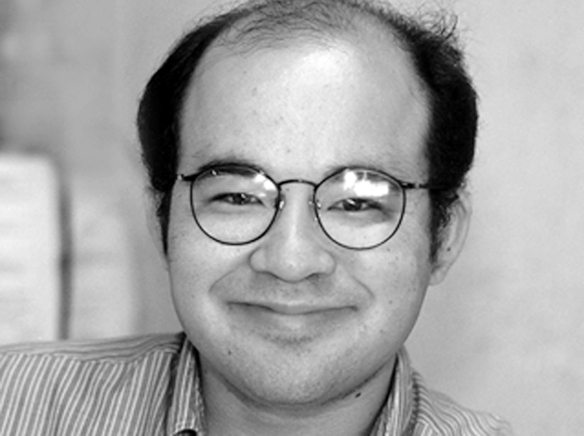For the last couple of weeks, I have been carefully puzzling over how I should feel about the attacks on the French satirical magazine Charlie Hebdo.
Some of you reading this may be surprised to know that I am not shouting “Je Suis Charlie” like many people around the world.
For the last couple of weeks, I have been carefully puzzling over how I should feel about the attacks on the French satirical magazine Charlie Hebdo.
Some of you reading this may be surprised to know that I am not shouting “Je Suis Charlie” like many people around the world.
After all, I work for a newspaper. In addition, I also write little editorials like this one. Isn’t a gruesome terrorist attack like the one in Paris an attack on all freedom of speech? What if my newsroom got attacked and people got murdered for pictures or opinions published?
Yes, the attacks were horrible and those involved deserve punishment. The attacks have been condemned many times by many people — including moderate Muslims.
Moderate Muslims are caught in the middle. They clearly believe just as strongly in the teachings of the Koran as Christians believe in the Bible and they have every right to be offended by what they perceive as blasphemy, or at the very least a deliberate provocative insult. And violent attacks such as these are damaging to the reputation of the Muslim community as a whole.
However, despite what conservative Christian commentators may claim about “silence” in the Muslim community, the community has been anything but silent
The thing is, it is not a crime to make fun of the Pope or the Holocaust or Muslims or Mormons or Jews or Catholics or Buddha or the Bible or Mohammed. It is not illegal to tell “a priest, a minister and a rabbi walk into a bar” jokes or to make movies where God is portrayed by George Burns, Alanis Morisette, Graham Chapman or Morgan Freeman.
But then, why do you never see the F-word in a newspaper? Or the N-word? Why will you never see naked women on the front page (even Playboy requires readers to open the magazine)? Because, it turns out, people do get mad or upset when you say or show the wrong things in public.
Note that while the Federal Communications Commission regulates obscenities on radio and in television, it can not do so preemptively. Somebody has to say something and accidentally not get “bleeped” out before they can take action. Self-censorship rules the day.
Setting aside the tangled issues of pornography and obscenity, free speech is still not as absolute as we may want it to be.
Speech is not without consequences. Say something, and the world has the right to agree, disagree or ignore it — or even protest against it. Nonviolent protest is speech. Arguments and disagreement are fundamental to free speech. Indeed, paradoxical though it may sound, even arguments opposed to free speech are protected under free speech.
So, where does this leave Charlie Hebdo? Unfortunately, there are no easy answers. Europe’s cultural debate is as complex as America’s, and those who are calling on Muslims to “adapt” may well ask themselves if they could learn to “adapt” and tolerate others.
Charlie Hebdo has the right to publish without fear of violent retaliation. Muslims have the right to speak out against the cartoons and against discrimination. Somewhere in the middle is the solution. Hopefully we can find it before the next incident erupts.
James Fujita is a former GVN news editor. He works as a copy editor for the Visalia Times-Delta in California’s Central Valley. Fujita can be contacted at jim61773@yahoo.com



















